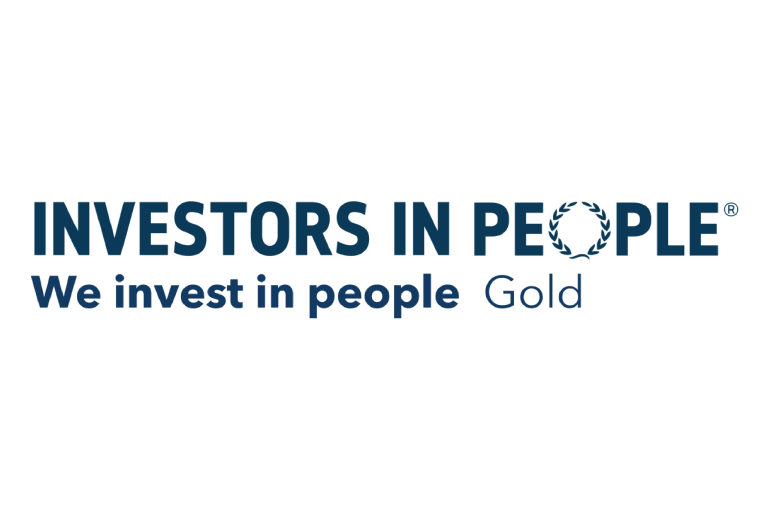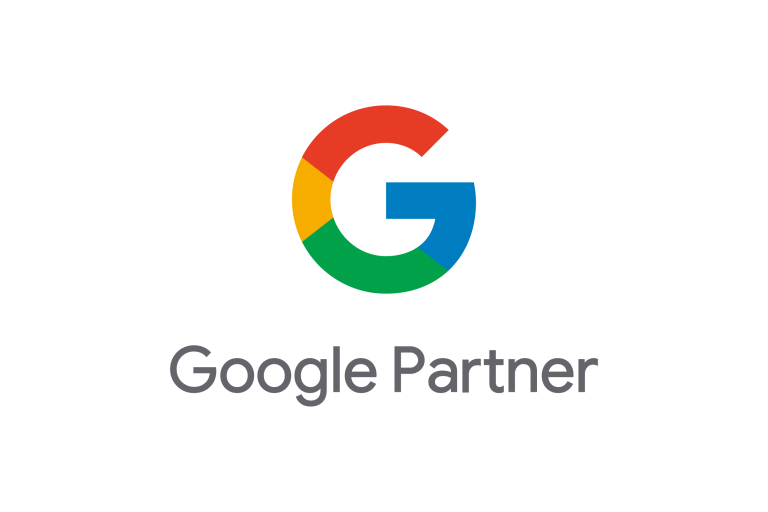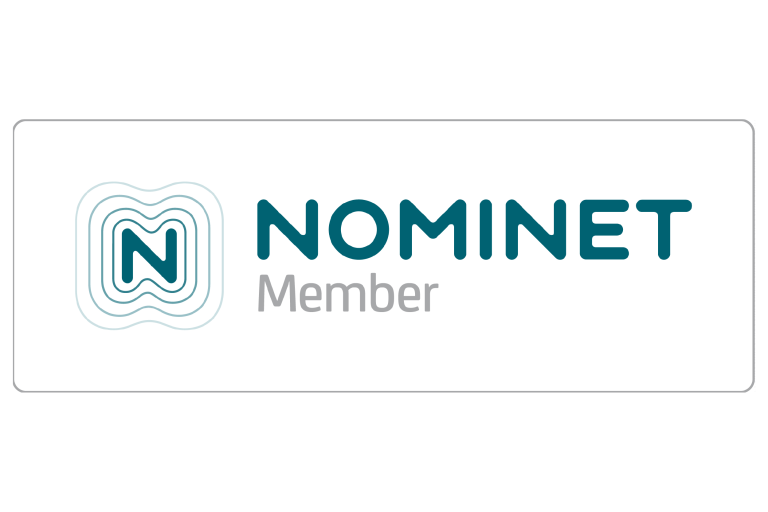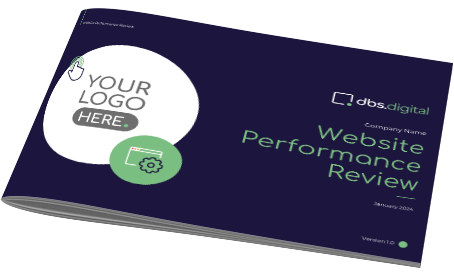One of the most common questions we get asked is “How long does it take for SEO to start working?”. Whilst we would love to be able to give a definitive answer, the truth is, it varies. No one can directly tell with any degree of certainty how long it will take for your SEO efforts to start working and they certainly cannot tell you how long it will be before your company starts ranking in the top 5 results or appear on the first page. Be wary of anyone that tells you they can guarantee a timescale for this.
However, what we can tell you is roughly how long it can take you, in theory, based on previous experience. More importantly, we can tell you what you can do as a company in order to help boost your SEO efforts as much as possible and help the process to give your business the best chance of long-term SEO success. You can perform SEO yourself but it is advised you use a Professional SEO Agency as mistakes can be very damaging and take time to repair.
How long does SEO take?
According to several studies, it can take on average 3 or 4 months before you start seeing results from Google and search engines. This again is not a guarantee and can take less or more time. After around 6 or 7 months, you should see an increase in traffic if you have been undertaking regular SEO work. You must be prepared for SEO to take up to a year or more to start making an impact. We know this is a long time for a business to wait for results but unfortunately, it is the realistic time frame that businesses should be aware of when planning their SEO strategy.
Unlike SEO, Pay Per Click Advertising provides instant results. You can then dial down the budget once the impact of your SEO work is starting to be seen. PPC (Pay-per-click) can be expensive depending on how many businesses are bidding on the keyword and what search engine it’s on. Bing PPC is a lot better for small budgets as there is less competition.
What impacts SEO?
Whilst we do not know all of the specific factors that Google uses to determine SEO, we have a thorough understanding of the key factors that have the largest impact. There are several things we know do have significant weight when it comes to rankings and can help give your business a boost with their SEO effort. Here are some of the key factors to consider in your SEO strategy.
Age of the domain
Whilst we are not saying a new domain cannot rank well in search engines, it has been proven that older domains tend to be more likely to rank higher as they are trusted by Google. A new domain, which is classed as a domain that is 6 months or younger, can still perform well, it just may take slightly longer because you are essentially starting from scratch.
Chosen keywords
Many people decide from the start which keywords they want to be number 1 for. However, you have to bear in mind that these keywords will probably be extremely popular and therefore harder to rank well for. They may also not be the best keywords for you, you just assume they are. That is why comprehensive keyword research is a vital part of SEO planning rather than simply going off assumptions.
If you automatically try going after popular keywords only to get more traffic, this will not be achieved quickly, or at all unless you have an established website that is very strong and already trusted by search engines.
Turning to lower competition keywords can instead be a much stronger SEO strategy. You are more likely to get ranked higher for these terms as there are fewer people fighting for the same space. Over time, as you continue to rank for lower competition keywords, your website is becoming stronger and more trusted, putting you in a better position to aim for the more popular terms later down the track.
Metadata
Metadata is often referred to as ‘data about data’. In simple terms, it is information about the focus of your page or content to help Google understand the page. For instance, a travel agency website should focus its metadata around traveling.
Metadata is an umbrella term for the different sections of descriptive information about a page. It can be broken down into: Meta Titles, Meta Descriptions, Focus Keyphrase, Slug, Alt Image Attributes, and Headers.
Why metadata is so important
Why is metadata so important? Google processes over 20 Petabytes of data per day, this is equal to 20 million gigabytes of data. Not only does this highlight how competitive Google rankings can be, but also how important clear metadata is.
It simply isn’t possible for pages to be checked manually, so Google use ‘spiders’ to crawl pages. This process involves AI reading the metadata and content of a page, and drawing conclusions based on this data. This overview is then used to decide how the page will rank. It is for this reason balancing engaging content with strategically chosen metadata is so important.
While this can seem daunting, proper research and planning will make the whole process easier. Your metadata should all stem from your chosen focus keyphrase. Once you have your focus keyphrase, all other metadata should be based on this. For instance, including your focus keyphrase at the start of your page title, description, and headers will make a huge difference to the quality of your metadata.
Whilst you may be tempted to include your keyphrase as much as possible, this can cause more harm than good. If your keyphrase density is too high, Google views this as spam and will penalise your page for it. Similarly, if more than one of your pages has the same focus keyword, you will effectively be competing against yourself resulting in cannibalisation.
Optimising your metadata is crucial for catching users’ attention and improving your search engine rankings. Using clear, enticing descriptions and calls-to-action in your metadata can boost how often people click on your page. Google looks at this click data to see how relevant your page is to the search terms. The more clicks you get, the higher you might rank. It’s also possible that how deep into your site users click could be a factor, though this isn’t confirmed. So, by crafting your metadata carefully, you not only encourage more clicks, but you also signal to search engines that your content is a great match for what users are looking for. This can lead to more visibility, engagement, and success in search results.
Type of Content
The type of content you are producing can also have a huge impact on your SEO. For example, as a general rule of thumb, articles and news stories that are deemed breaking news or a recent, relevant update will tend to rank a lot faster than an article that is not considered news. You should take this into account when planning your overall content marketing strategy in order to ensure a good mix.
There is an art to content writing, in short content should be engaging, informative and authentic. Whilst the tone of your content will depend greatly on your brand, sector and personaly style, you should always aim to create punchy, easy to digest material to inform the reader and encourage them to explore more of your content. Striking a balance between metadata and customer experience can be difficult, but very rewarding from both Google’s and the readers perspective.
Content Length
Content length is a determining factor on its overall ranking. Google and other search engines will prioritise content that is in-depth and explores a topic in detail. Having a longer content piece is also more likely to have backlinks from other websites or get mentions across social media networks. When this happens, the article will generate more interest which is a great advantage in the eyes of the Google algorithm.
Frequency of posts
Another rule is that a website that already has several quality published posts is more likely to rank faster than a website that only has a few. You must also ensure that your content is original. If it’s not, it will not be ranked.
Try and aim for 2-3 pieces of new content a week. If you don’t think this is achievable, at least aim to be as consistent with your posting as you can to improve your chances and then slowly build up over time.
Regularly posting and updating old content can boost your search engine rankings. It shows search engines that your website is active and reliable, which can lead to more visibility in search results.
What else can I do to help my business’ SEO?
Choose titles carefully
You may not think the title of a page has that much power but do not underestimate the importance of a well-optimised title. You may have the best content in the world, but if you choose a weak title that is not relevant your efforts could be in vain.
It is possible for non-optimised titles to still rank highly, however, this seems to only work best if the website in question is established, trusted, and already has a lot of high-quality content.
Google uses the HTML title tag to understand your page better. As we just mentioned, it is completely possible to rank well without it as your main content has the biggest role, however, having it will truly strengthen your rankings.
Have a social media presence
Whilst the search engines are doing their thing and reviewing your great content, use this time to also build your social media presence. Accounts that are regularly sharing their content, building connections, and updating their social media regularly are all good signs that can have an impact on your organic traffic and also bring in more leads.
Linking back to pages on your website through your social media is one of the easiest ways to create backlinks which can boost your SEO efforts immensely.
Don’t monitor the rankings too regularly
It can be slightly addictive to check on the rankings of your website and content on a regular basis, however, this can be counterproductive. It is a better use of your time to focus on creating more content and thinking of other ways to increase your traffic. As long as you are actively and regularly undertaking SEO work, your efforts will start to pay off, but monitoring the results too often can be demoralising and time-consuming.
Try using rank tracking software such as SEM Rush, Ubersuggest, Moz instead of doing manual searches on Google. They are all great tools and can some you huge amounts of time.
Hire an SEO agency
Whilst it is certainly not a requirement to hire an agency to undertake SEO work, you may not have the time to do so. An SEO agency, such as DBS Digital, can not only help with the tasks that you currently don’t have time to do, but they can also create an extensive plan of SEO services that will be spread over months to help you understand what will be happening on a month-by-month basis. The agency will be able to undertake all the keyword research for you, help create the content, and most importantly keep an eye on your rankings, leaving you to do what you do best- running your business and dealing with the leads that will start coming in.
SEO agencies will form a strategy for you, tackle the elements that would have the greatest impact first, and then continually make improvements to the site overall.
Be patient & don’t stop too soon
Perhaps the most important task is to be patient and willing to wait for the results. Many companies tend to underestimate how much time and investment it can take in order to be a success at SEO. A healthy budget doesn’t necessarily guarantee results fast. Unfortunately, this reality leads to many people deciding to stop after a few months due to a lack of results.
SEO is like a fine wine, you need to start with the proper ingredients (a relevant keyphrase, metatitles, descriptions etc…), then leave it alone to get better and better.
It is imperative that you start undertaking SEO with a long-term view and budget for at least a year if you want to give yourself adequate time to start seeing results of your hard work. If you stop too quickly it is a waste of your budget and a shame that your work will not reap the rewards it deserves. You need to prepare for the ROI for the SEO will be longer than other channels but over the long term will be worth it.
Conclusion: SEO is effective but does take time
SEO is an extremely effective channel and a great way to generate website traffic that will create leads and sales down the line. However, you must be willing to wait and understand that the work you put into SEO now may not return its investment immediately, but over the years you will be grateful that you persevered.
The ranking algorithms of search engines are notoriously complex and whilst we may not know all the determining factors, it is understandable that it will take time for websites to convince search engines that their content is worthy of a top position. This is why you need to be willing to allow this time.
When it comes to ranking for Google or other search engines, there is no magic formula. If there was, all websites would be ranking #1 for the keywords they want. The truth is you have to be willing to commit to an SEO project and understand that you will not see results overnight, or even within a few months. We understand it is frustrating when you want to see the results of your work quickly as you want more leads and sales, however, the wait is worth it. If you invest your time and money wisely in a substantial SEO plan and understand it is a long game, you will be able to benefit.
Sounds good? At DBS Digital, we provide Search Engine Optimisation Services that will boost your online visibility and help your website rank higher in search engine results (SERPs). Whether you’re looking to improve your website’s organic search rankings, enhance your keyword targeting, or optimize your content for search engines, we can help. To learn more, make sure to get in touch with our team of specialists.









